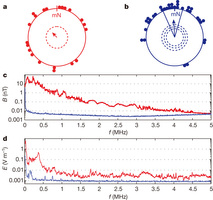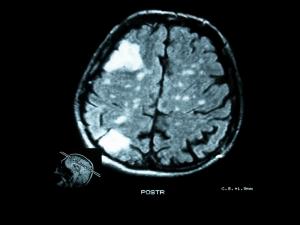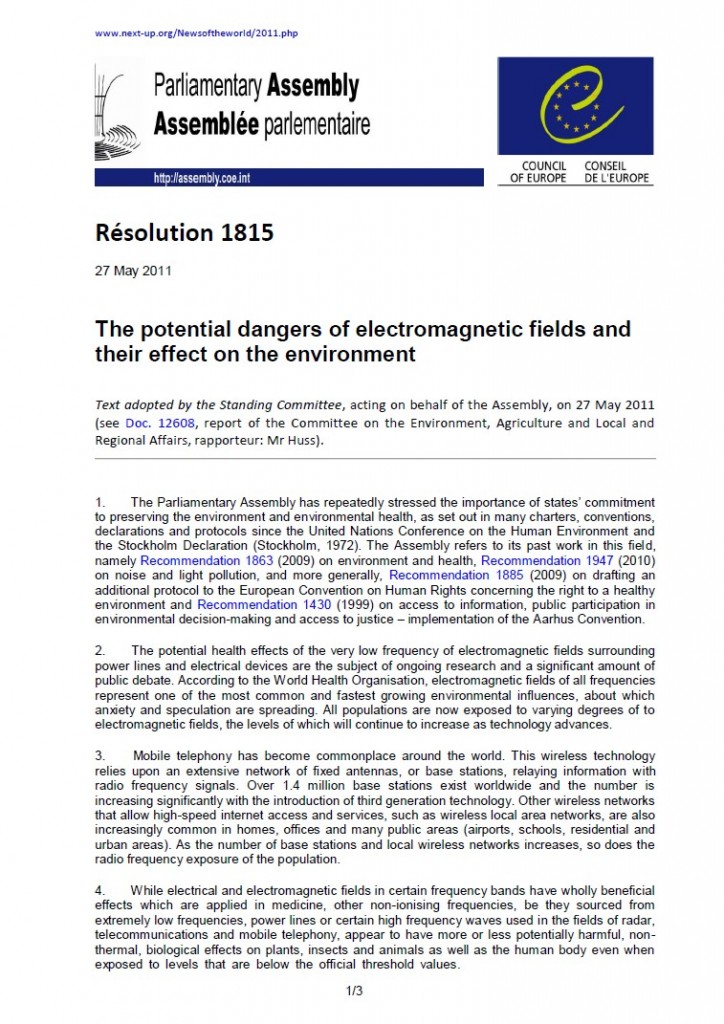Portada del sitio > Fauna > Anthropogenic electromagnetic noise disrupts magnetic compass orientation (...)
NATURE, mayo 2014

Anthropogenic electromagnetic noise disrupts magnetic compass orientation in a migratory bird
Sábado 10 de mayo de 2014 · 1609 lecturas
Anthropogenic electromagnetic noise disrupts magnetic compass orientation in a migratory bird
Svenja Engels, Nils-Lasse Schneider, Nele Lefeldt, Christine Maira Hein, Manuela Zapka, Andreas Michalik, Dana Elbers, Achim Kittel, P. J. Hore & Henrik Mouritsen
AffiliationsContributionsCorresponding author
Nature (2014) doi:10.1038/nature13290
Received 28 January 2014 Accepted 28 March 2014 Published online 07 May 2014
Electromagnetic noise is emitted everywhere humans use electronic devices. For decades, it has been hotly debated whether man-made electric and magnetic fields affect biological processes, including human health1, 2, 3, 4, 5. So far, no putative effect of anthropogenic electromagnetic noise at intensities below the guidelines adopted by the World Health Organization1, 2 has withstood the test of independent replication under truly blinded experimental conditions. No effect has therefore been widely accepted as scientifically proven1, 2, 3, 4, 5, 6. Here we show that migratory birds are unable to use their magnetic compass in the presence of urban electromagnetic noise. When European robins, Erithacus rubecula, were exposed to the background electromagnetic noise present in unscreened wooden huts at the University of Oldenburg campus, they could not orient using their magnetic compass. Their magnetic orientation capabilities reappeared in electrically grounded, aluminium-screened huts, which attenuated electromagnetic noise in the frequency range from 50 kHz to 5 MHz by approximately two orders of magnitude. When the grounding was removed or when broadband electromagnetic noise was deliberately generated inside the screened and grounded huts, the birds again lost their magnetic orientation capabilities. The disruptive effect of radiofrequency electromagnetic fields is not confined to a narrow frequency band and birds tested far from sources of electromagnetic noise required no screening to orient with their magnetic compass. These fully double-blinded tests document a reproducible effect of anthropogenic electromagnetic noise on the behaviour of an intact vertebrate.
Ver el abstract original AQUÍ







